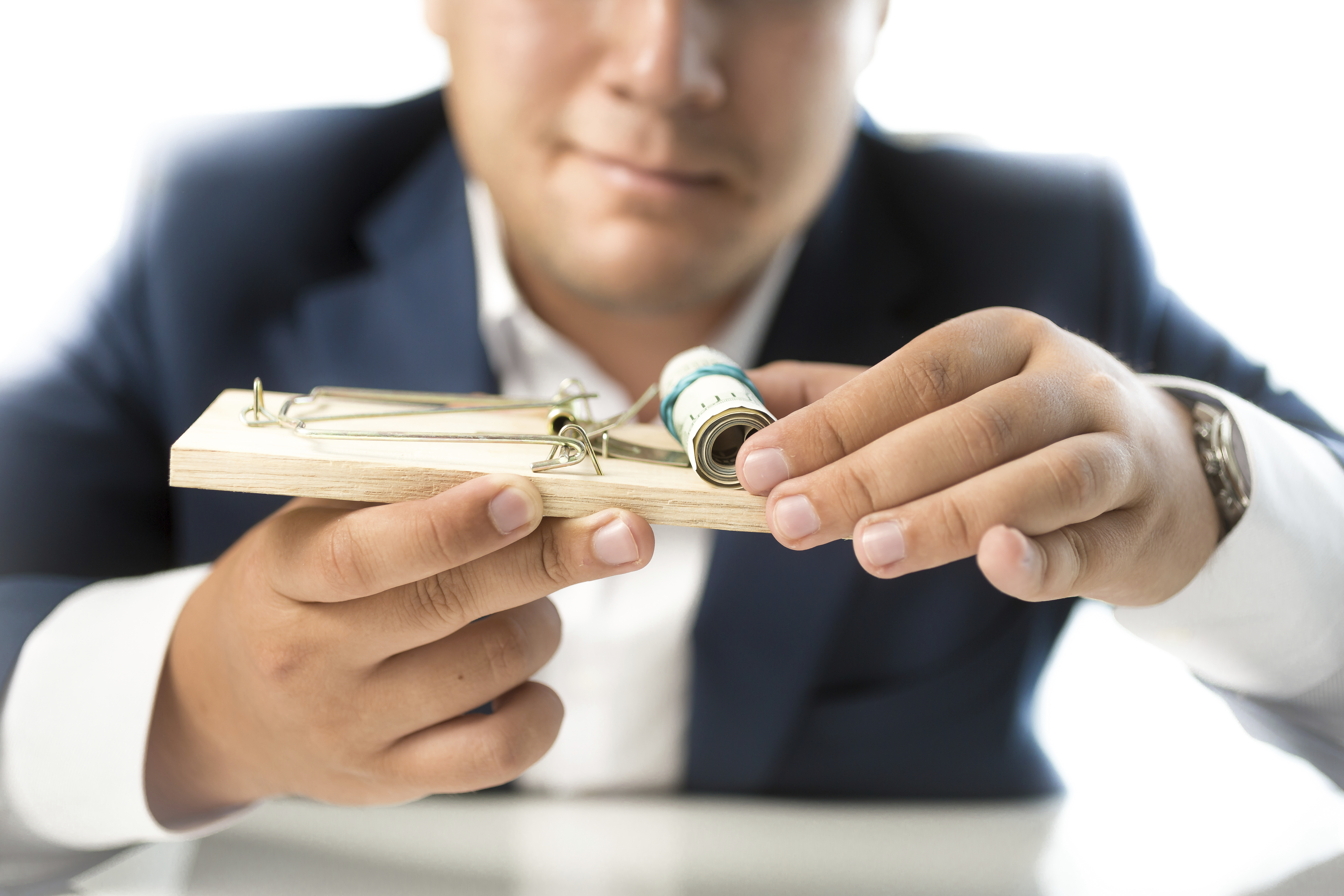After years of litigation and negotiation among the plaintiffs and defendants, the first Depuy ASR hip settlement agreement was reached on November 19, 2013. This settlement document, with all the exhibits, was 181 pages long. The first settlement agreement required that you must have undergone revision surgery on or before August 31, 2013. A second settlement agreement was reached on March 2, 2015, which allowed participation in the settlement if you received a revision surgery after August 31, 2013 but no later than January 31, 2015. The key terms in the second settlement agreement are the same as those in the first settlement. The agreements take a long time read through, digest, and understand. In this post and those that follow, I am going to help you work through the settlement language.
Please note: The deadlines for participation in both Depuy settlement agreements have passed. At the moment there are no settlement agreements in place in which you may enroll or participate now or in the immediate future. However, there should be new settlement agreements down the road for those of you who undergo a revision surgery after January 31, 2015. Further, you still have options if you had a revision surgery before January 31, 2015 but simply missed the deadlines for enrollment (which I discuss below). I will keep you posted if and when a third settlement agreement is reached.
 North Carolina Product Liability Lawyer Blog
North Carolina Product Liability Lawyer Blog








